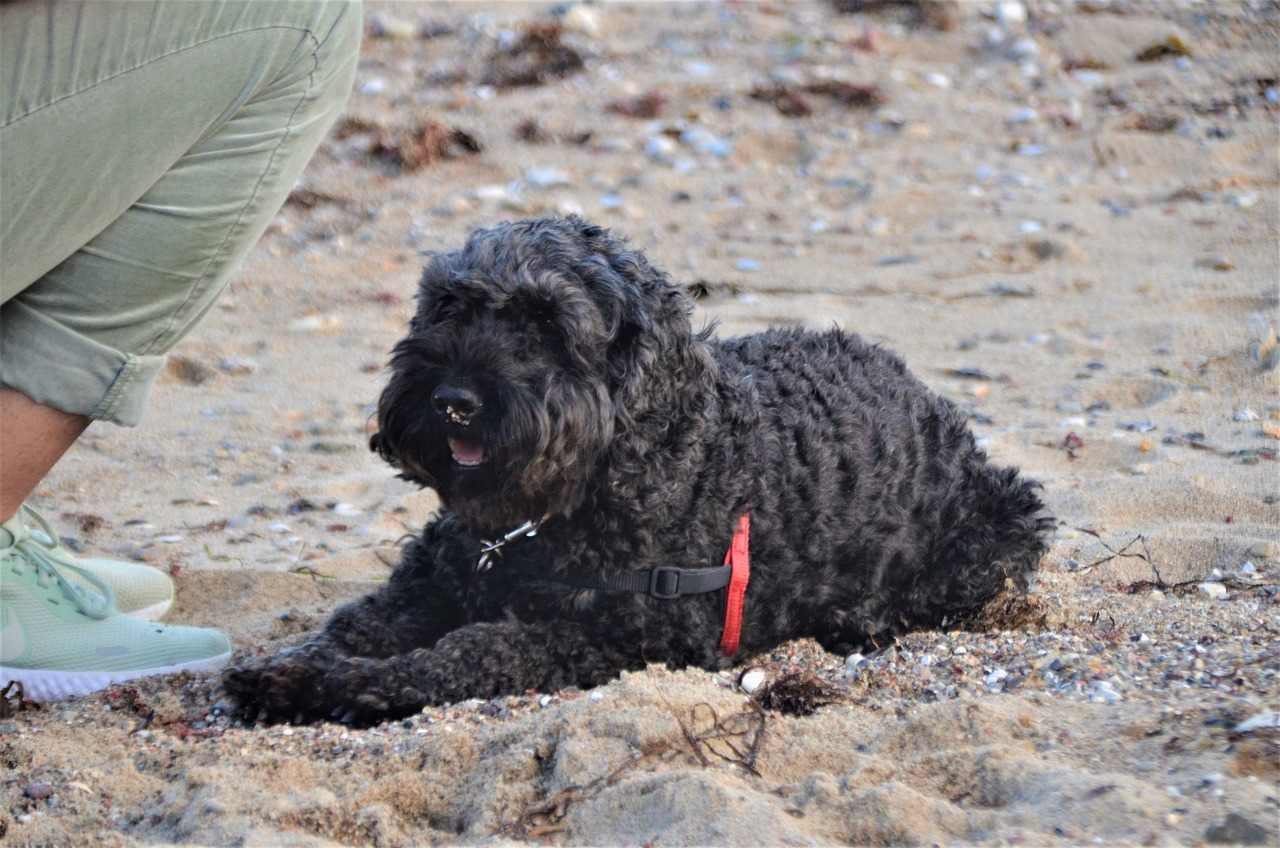
Before choosing a small dog, you should know about its characteristics. There are some specific traits that make small dogs different from large dogs. For example, small dogs are prone to digestive problems. In order to prevent these conditions, it is best to divide their meals into smaller portions. This will prevent them from getting too hungry and will keep their blood sugar level steady.
Papillons
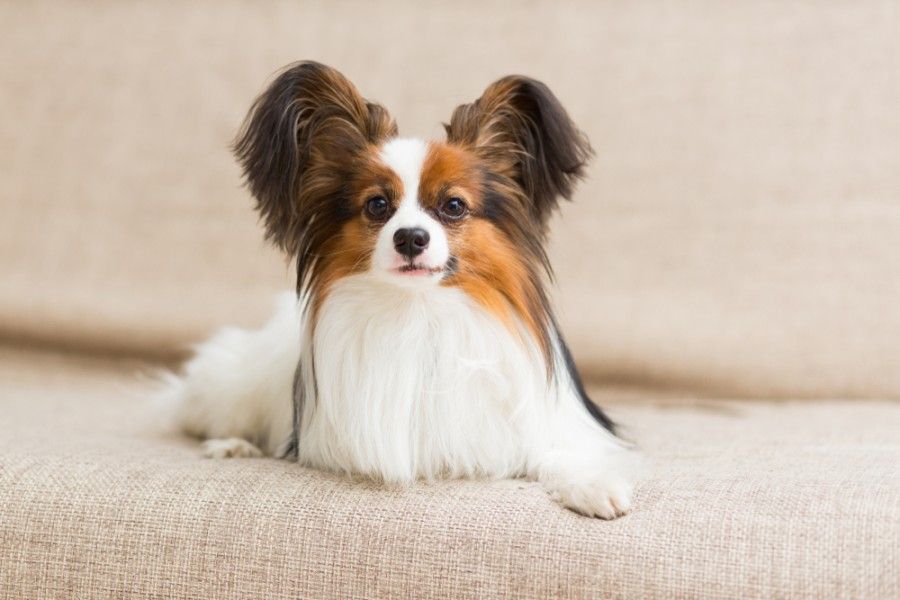
Papillons are a beautiful breed of small dogs that weigh between five and ten pounds. They have long, silky ears and fluffy tails. Papillons are friendly, outgoing dogs that make great family pets. They are also extremely intelligent and trainable. Their excellent problem-solving skills make them excellent working dogs in many different fields.
Papillons were originally called dwarf spaniels and were favored by European nobles. As they evolved, their erect ears took on the appearance of butterfly wings. The name Papillon comes from the French word “papillon,” which means butterfly. While both Papillons and drop-eared Papillons are considered distinct breeds, they are often bred from the same litter. Papillons are popular show dogs and excellent ratters.
Papillons have small heads with nicely-defined stops. Their eyes are dark and soulful. Their long, straight coats are often trimmed with feathers to give them a luxurious look. They also have plumed tails. The coat of Papillons is usually white, but it can also be spotted with other colors. It can be black, brown, or even a combination of two or more.
Papillons are generally healthy, although they are susceptible to certain health conditions. One such disease is progressive retinal atrophy, which is a group of genetic diseases affecting the retina. If untreated, progressive retinal atrophy can eventually lead to blindness in both eyes. There is currently no cure for progressive retinal atrophy.
Bichon Frises
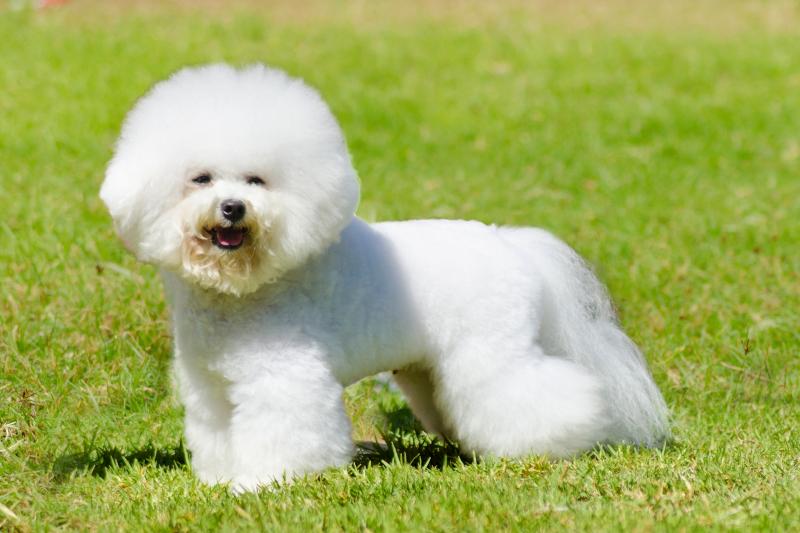
Bichon Frises are small dogs with a stout, compact build. Their dense cotton coat provides warmth in cold weather. They are unlikely to get too cold to swim. They also are not as sensitive to the cold as most short-coated dogs. They have a gregarious personalities and are very brave.
Bichon Frises are extremely easy to train and extremely intelligent. They are also hypoallergenic and are perfect for families with allergy-prone members. Their average height is between nine and twelve inches, and their life expectancy is around fourteen to fifteen years. Bichon frises are small dogs but can be very energetic.
Bichon Frises are great for households with children and are suitable for both urban and suburban areas. Their friendly nature makes them excellent pets for families. However, they can be a bit destructive if left alone for long periods of time. To help prevent this, Bichons should undergo obedience training.
If you decide to adopt a Bichon Frise, you should purchase from a reputable breeder. These breeders vet their animals and verify all the necessary information. Moreover, reputable breeders will take back a pet if it turns out to be unhealthy. It’s always best to check the health of a Bichon Frise before adopting it.
Because Bichons have a delicate digestive system, it’s important to carefully monitor their diet. Try to avoid giving them treats that are high in fat or high in sugar. In addition, they should be given plenty of water. The high water content will help prevent bladder stones. They are also prone to becoming overweight, so you’ll need to watch their caloric intake and monitor their weight.
Miniature Pinschers
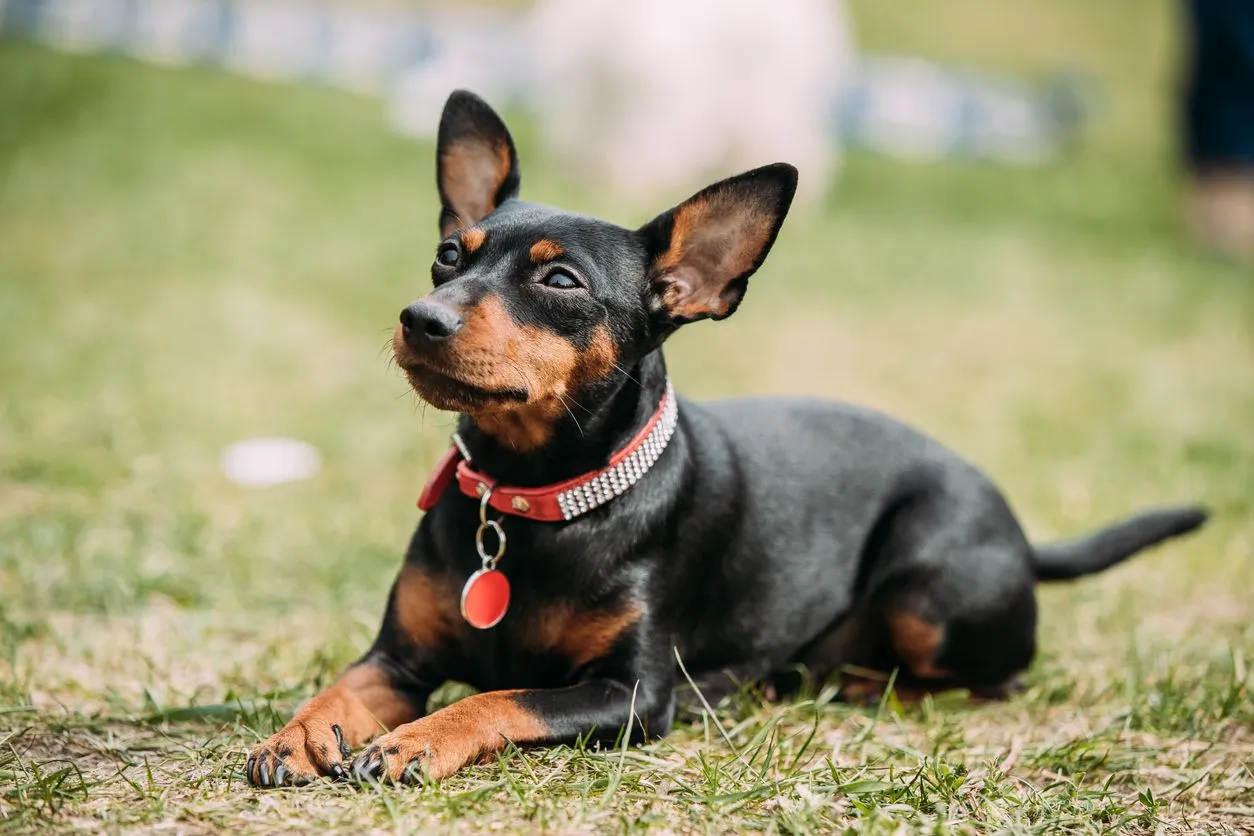
Miniature Pinschers are small dogs that grow to about 12 inches tall at the shoulder. Their size makes them an ideal companion for apartment dwellers or anyone who does not want to deal with the weight of a large dog. Besides, the breed is also small enough to be carried around easily.
Although they are small dogs, they need regular exercise. They should be taken for daily walks and lively play sessions in the yard. However, if you leave your Miniature Pinscher unattended, it may become destructive. As a small breed, Miniature Pinschers do not require extensive grooming, though you should brush their hair once a week. You may want to invest in a dog fence to prevent them from running off and exploring the yard. This breed is not good with cold weather, so avoid leaving them unattended in the cold.
The Miniature Pinscher is a breed of small dogs that originated in Germany. They are unrelated to the Doberman Pinscher, and have their own distinct characteristics. They are often known as the “King of Toys.” Although they are small, they have lots of energy and are great for chasing animals. Miniature Pinschers need early socialization and consistent training.
The Miniature Pinscher is a highly intelligent breed of dog. Because of their high energy level, they need regular mental stimulation and plenty of physical exercise. Obedience training is important, but they also need lots of attention from their owners. Training Miniature Pinschers requires firm but gentle training. It is best to socialize them early to prevent timid behaviors.
Shih Tzu
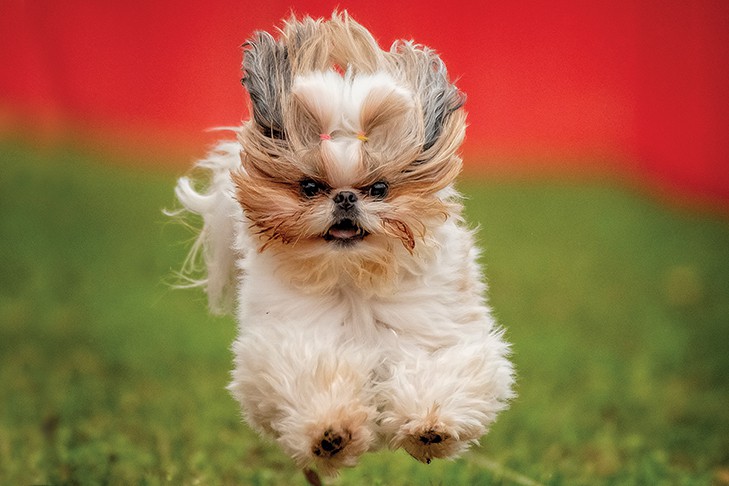
As with any small dog, Shih Tzus are prone to various diseases. Some of these are congenital, and they can be prone to certain diseases such as ear infections and glaucoma. These problems can lead to blindness if not treated, so it is important to have your Shih Tzu screened for them at a young age. However, these diseases can usually be cured with a course of medication and proper care.
Grooming is a daily task for Shih Tzus. Long coats require regular brushing, and neglected grooming can lead to painful skin problems. Regular baths, brushing, and trimming of nails are all necessary to keep their coats healthy and beautiful. In addition to daily grooming, Shih Tzus need to have their coats trimmed regularly.
Shih Tzus are excellent companion dogs, and are often the best choice for apartment dwellers or families with older children. Though small in size, these dogs are huge on personality. They are lovable, affectionate, and easily trainable. They love to cuddle and trot around the park and can be a great addition to any family.
Shih Tzus can be very demanding dogs. You must give them ample time, attention, and proper nutrition. They also require regular veterinary care.
Japanese Chin
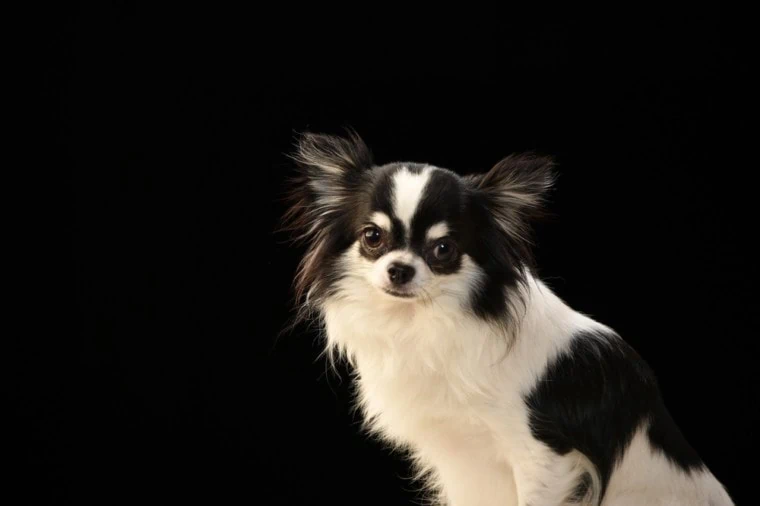
When considering adopting a Japanese Chin small dog, it’s important to look for a good breeder or reputable rescue group. These organizations are typically upfront about health issues and behavior. You should also request to see the dogs’ parents, if possible. In addition, breed rescue organizations often offer fostering opportunities for prospective owners.
The Japanese Chin is a happy and intelligent dog that’s also highly sociable. They are known for being playful and affectionate and love to play with children. This breed is also good with other pets. They don’t bark a lot, making them ideal for apartments and small houses. However, they don’t do well with very young children and shouldn’t be left alone for long periods of time.
Though Japanese Chins enjoy couch time, they should have regular exercise. While they don’t need as much physical activity as an English Bulldog or Australian Shepherd, they do enjoy slow walks or exploring an enclosed area. Regardless of whether they’re indoors or outdoors, they need at least 20 minutes of light exercise every day.
One of the most common causes of death in Japanese Chins is heart failure. A weak heart valve can allow blood to leak back around the valve, putting strain on the heart. A veterinarian should check for this problem to prevent serious complications. A heart murmur is a common symptom of heart valve disease, and further testing can help determine the severity of the problem and treatment options.
French Bulldog
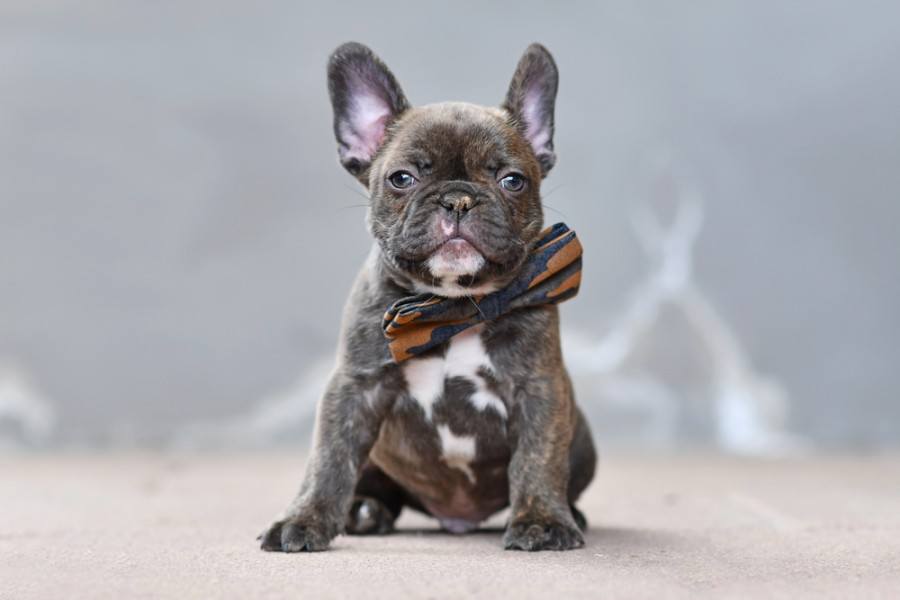
If you are looking for a small dog with a big personality, the French Bulldog may be the perfect breed for you. These dogs are often bossy, but are also fun and friendly. The French Bulldog is a moderately active breed that requires moderate exercise. It may need some extra time to recover after exercise.
The French Bulldog is related to the English Bulldog but has its own unique features. Its half-flat, half-domed skull and bat-like ears distinguish it from the English Bulldog. It became popular amongst Americans in the 1800s, where it soon became a fashionable pet.
This small breed of dog originated in England, where it was kept by lace-makers. The small dogs kept them company and helped rid the workrooms of rats. After the Industrial Revolution, many of these workers moved to France and found better work. Their dogs moved to France with them. Once in France, they became popular with French shopkeepers, where they became popular and took on the name of their new country.
The French Bulldog is an extremely intelligent and sociable dog. It needs lots of attention and interaction with its owner. It is also playful and responds well to positive training methods such as praise and food rewards. However, this breed of dog can be susceptible to certain diseases.